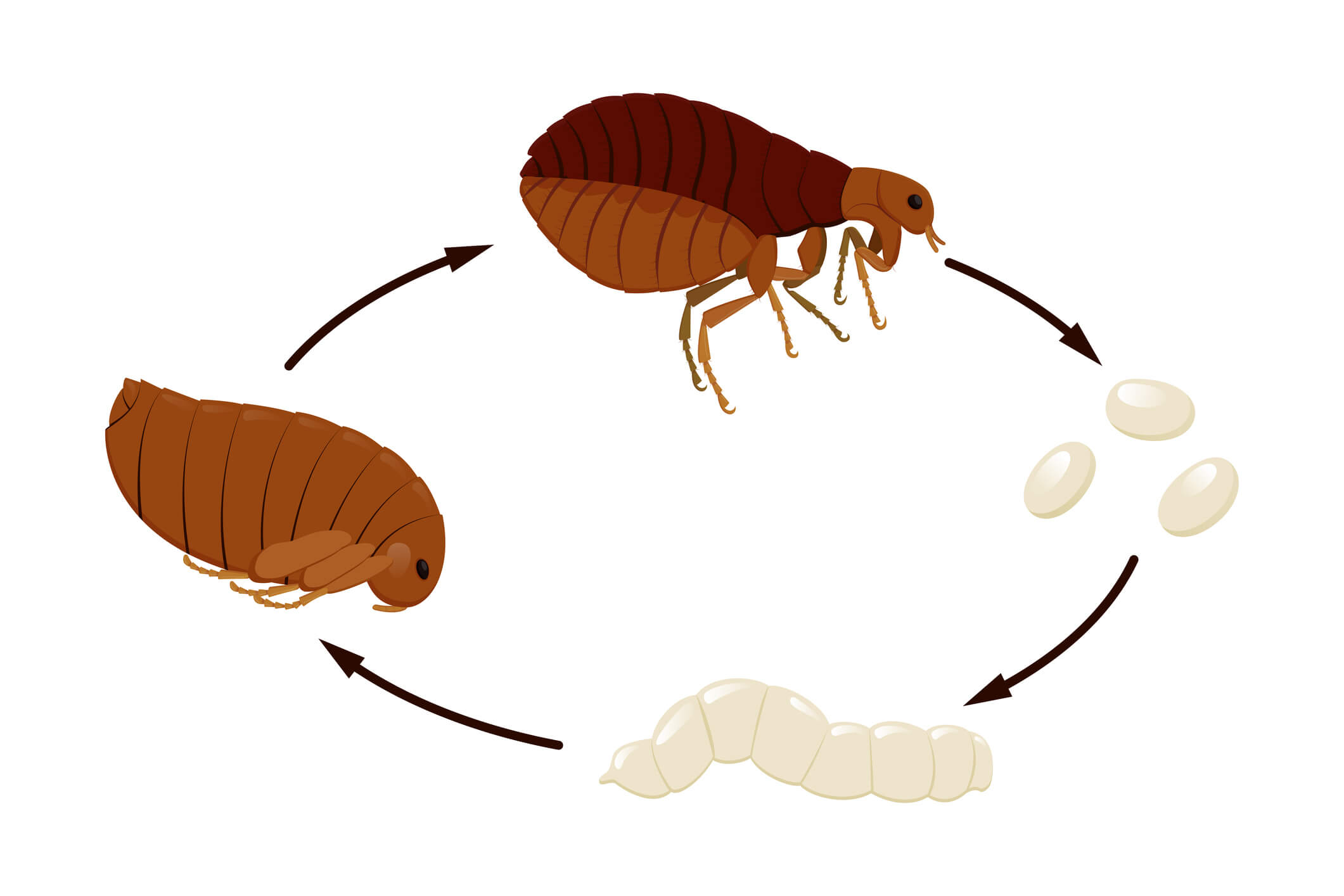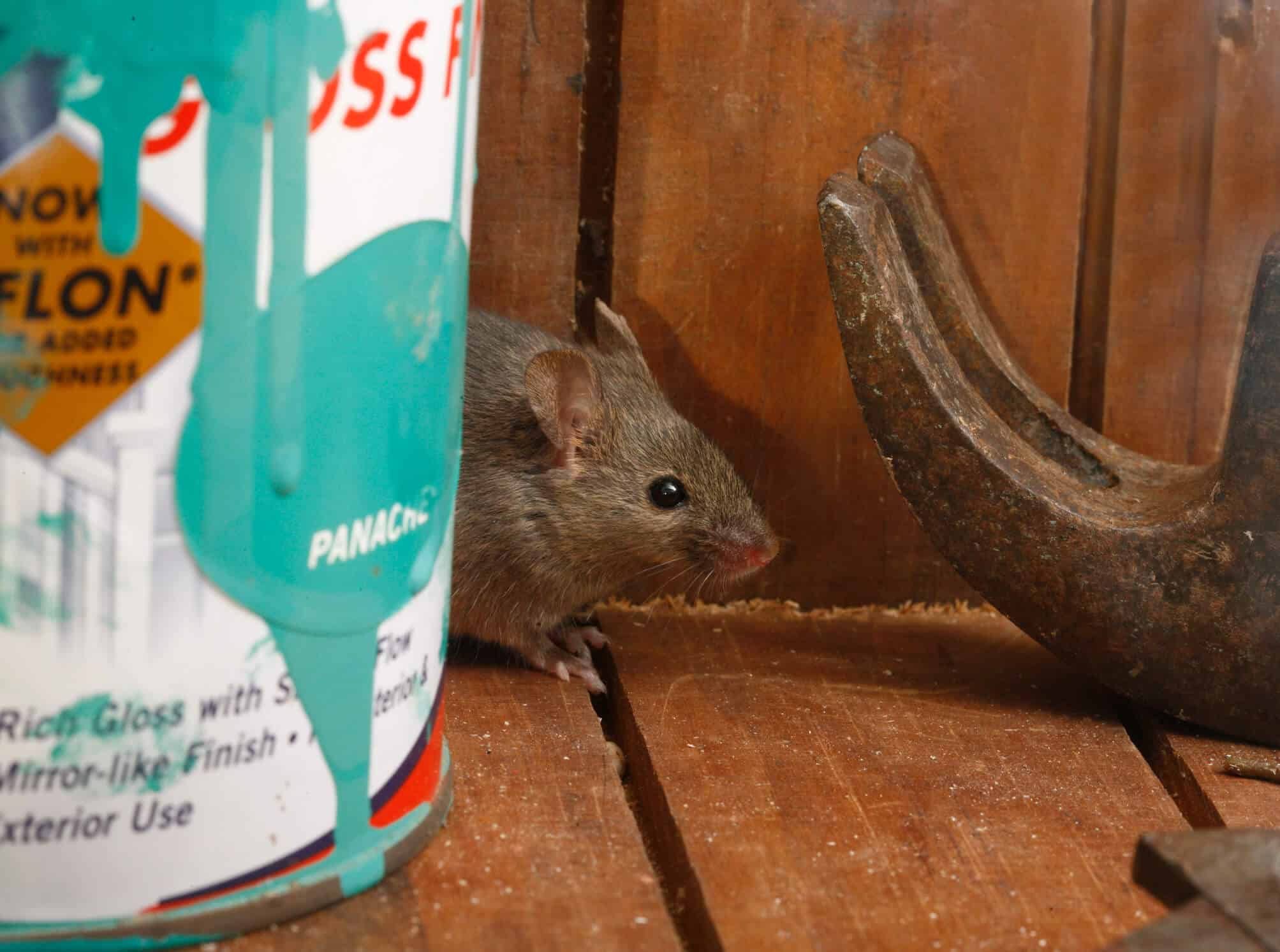What Is A Black Scorpion?

The black scorpion (Heterometrus spp.) is also known as the Asian forest scorpion since it’s located in Asian regions of the world. In nature, it’s commonly found living under debris or logs, where it can hide from predators. While it’s unlikely to encounter a black scorpion in the United States, they are sometimes kept as pets and can be found in zoos and other ecological facilities here.

What does a black scorpion look like?
The black scorpion lives up to its name and has a completely black body. Sometimes, it can have a slightly bluish tint to its body or a reddish tint to its stinger. You can expect it to grow up to six inches long, with most growing to between five and six inches in length.
The black scorpion has smooth pincers and a thick body—if you shine a black light on it, it will glow green-blue. Scorpions don’t see well, so they use the hairs on their body to navigate.
Male and female black scorpions look similar. However, you can tell the difference by looking at their pincers, tails, and pectines (small plates on the underside of the scorpion). Males usually have broader pincers. They may also have longer tails. Females, on the other hand, tend to have wider, chubbier bodies.
If you can see the pectines, you’ll notice comblike teeth. Longer teeth are indicative that the scorpion is male. Females have short, almost unnoticeable teeth on the pectines.

Where does a black scorpion live?
Normally, the Asian forest scorpion is only found in the tropics of Malaysia and the tropical rainforests of Southeast Asia. In the natural environment, you’re most likely to come across this scorpion if you’re looking under logs or debris there. Sometimes, they bury themselves in the soil, so they might seem to pop up out of nowhere.
These scorpions eat insects, spiders, cockroaches, and crickets, so they’re more likely to settle themselves in areas where these pests are common.
Because it’s a common pet, the black scorpion is actually located all over the world. Handling them is common at zoos or if you own one as a pet, but because this species is more defensive than some other kinds, owning one can lead to stings.

Is a black scorpion sting dangerous?
Of course, any scorpion has the potential to be dangerous. The sting is painful regardless of its toxicity, and some people can be allergic to the venom. They can also pinch you with their pincers, which can be painful or lead to cuts and bruises.
While black scorpions usually prefer to use their pincers instead of their stingers, they can attack with either. If you’re stung, the good news is that you’ll probably be okay. Asian forest scorpions, fortunately, have low venom toxicity, which is one of the reasons people can have them in their homes as pets. If you are allergic, you’ll need to keep an EpiPenⓇ nearby and may need to seek medical attention in the event of a sting.
Contact Moxie Pest Control to get rid of scorpions
If you find that any kind of scorpion has made your home its own, our team is here to help. There are different types of scorpions that may appear black or that could live in your local area, and we’re here to assist in identifying and getting rid of them. Contact us today for your free quote.



